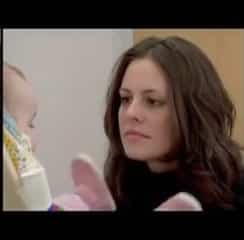The Still Face
Watch what happens for this baby when she does not get a response out of her mother: Does this feel familiar to you? Are you ever met with a still face, a blank expression, a seemingly indifferent or cold look? Have you ever found yourself going to great lengths just to get your partner’s attention? It’s…
